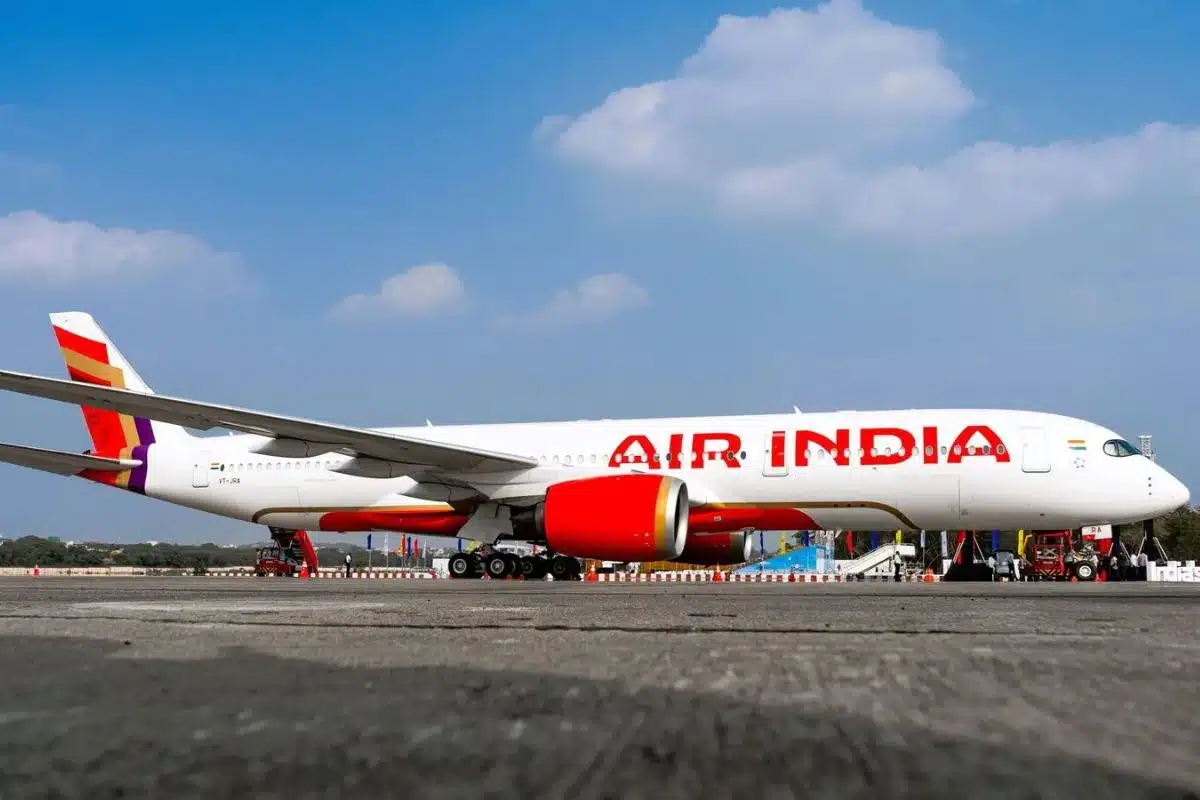India Directs Airlines to Inspect Fuel Switches on Boeing Aircraft Amid Safety Concerns

India’s aviation regulator has mandated inspections of fuel control switches in Boeing aircraft following a tragic crash of Air India Flight 171 that claimed 260 lives in June. The Directorate General of Civil Aviation (DGCA) issued this directive after both Indian and international airlines began their own checks. This decision comes in the wake of a preliminary report indicating that the fuel supply to the plane’s engines was cut off shortly after takeoff. While the US Federal Aviation Administration (FAA) has deemed the switches safe, concerns remain about their reliability.
Regulatory Actions and Deadlines
The DGCA has set a deadline of July 21 for airlines to complete the inspections, emphasizing the importance of adhering to this timeline to maintain airworthiness and operational safety. This directive aligns with a 2018 advisory from the FAA, which recommended that operators inspect the locking mechanism of fuel cut-off switches to prevent accidental movement. Although the advisory was not mandatory, the preliminary investigation revealed that Air India had not conducted these inspections, which may have contributed to the crash. The DGCA’s order now requires airlines to perform these checks and report their findings.
Details of the Crash
The crash of Flight 171, a Boeing 787 Dreamliner en route to London, is considered one of the most severe aviation disasters in nearly a decade. The preliminary report from the India Aircraft Accident Investigation Branch (AAIB) indicated that the fuel control switches had been inadvertently moved from the “run” position to “cut-off,” significantly reducing engine thrust. Cockpit voice recordings revealed a conversation between the pilots, where one questioned why the fuel had been cut off, and the other denied making such a change. The report clarified that its purpose is not to assign blame but to understand the circumstances surrounding the incident.
Reactions from Aviation Authorities
In response to the preliminary findings, the FAA reiterated that the 2018 advisory was based on reports of the fuel control switches being installed without the locking feature engaged. However, the FAA maintains that this does not render the aircraft unsafe. Meanwhile, the Indian Commercial Pilots’ Association has come to the defense of the Flight 171 crew, asserting that they acted according to their training and responsibilities in a challenging situation. The association urged that the pilots should not be criticized based on speculation.
International Implications
As the investigation continues, other countries are also taking precautionary measures. Reports indicate that South Korea is preparing to mandate inspections of fuel switches in all Boeing aircraft operated by its airlines. This international response underscores the widespread concern regarding the safety of Boeing’s fuel control systems and highlights the need for thorough checks to ensure the safety of air travel globally. The ongoing scrutiny of Boeing aircraft and the regulatory actions taken by various aviation authorities reflect a collective effort to enhance safety standards in the aviation industry.
Observer Voice is the one stop site for National, International news, Sports, Editor’s Choice, Art/culture contents, Quotes and much more. We also cover historical contents. Historical contents includes World History, Indian History, and what happened today. The website also covers Entertainment across the India and World.
Follow Us on Twitter, Instagram, Facebook, & LinkedIn

